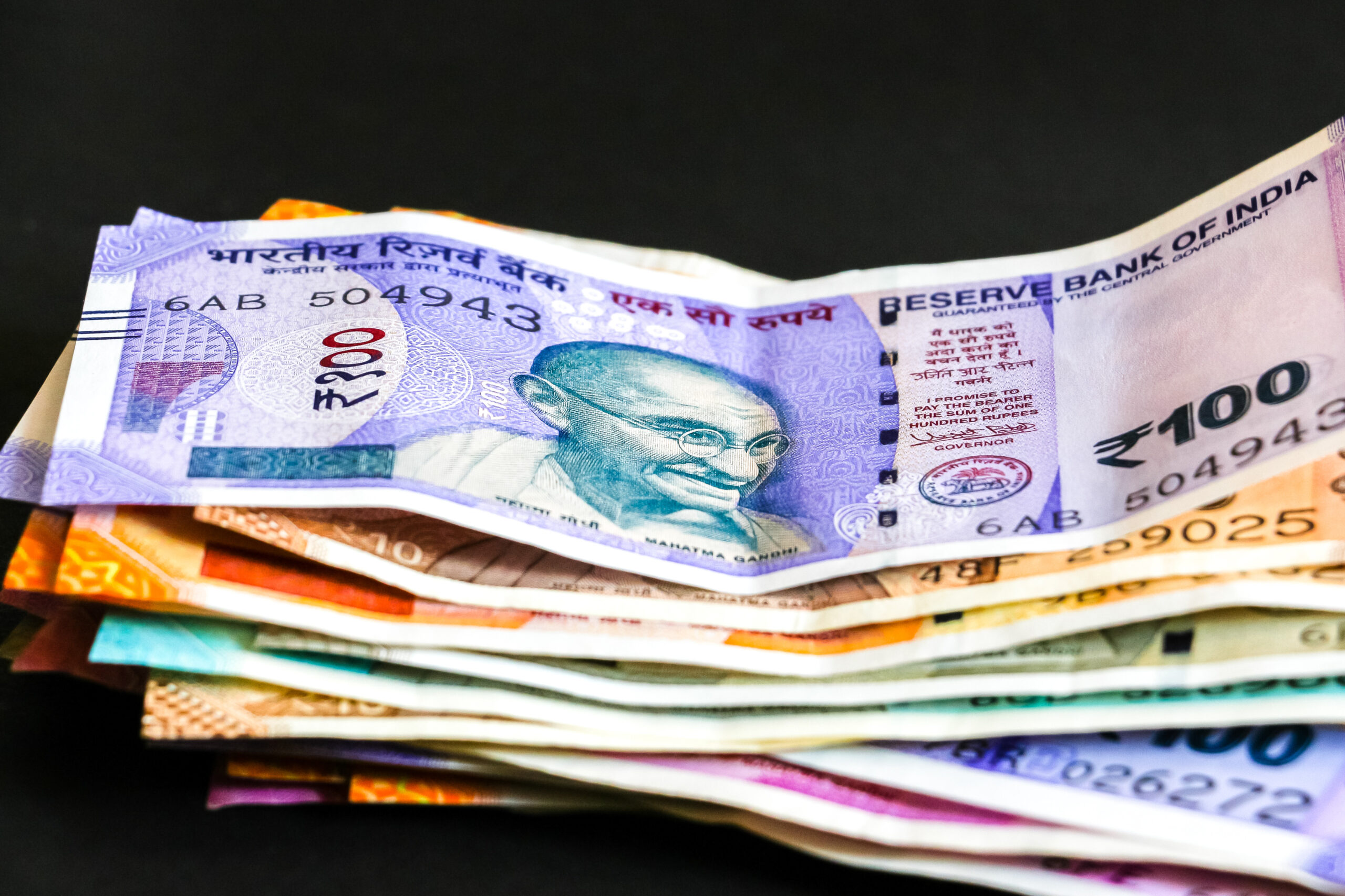
A former deputy governor of the Reserve Bank of India (RBI) has voiced his opinion that the central bank should ease its tight control over the rupee, a perspective that surfaces amidst uncertainty regarding whether the new Governor will maintain his predecessor’s policy of limiting currency fluctuations.
This call for greater rupee volatility comes at a time when global economic shifts, particularly a strengthening dollar, are putting pressure on the Indian currency.
“Don’t kill volatility to manage excessive volatility”
“You don’t need to kill volatility to manage excessive volatility,” said Viral Acharya, a former deputy governor of the RBI, in an interview to Reuters, advocating for a more flexible approach.
He argued that the RBI must allow “some baseline volatility because it maintains a certain level of private hedging, which is important because the central bank can’t do full absorption of risk.”
This highlights a key debate surrounding central bank intervention in currency markets: whether to maintain stability or allow natural market forces to play a role.
Acharya’s comments come as markets await clarity on whether the new RBI Governor, Sanjay Malhotra, will continue his predecessor’s practice of intervening firmly in the currency market.
In the past year, the rupee has been the most stable currency in emerging Asia despite hitting a series of record lows.
This stability made it a popular carry-trade currency due to its high yield.
However, recent weeks have seen a rise in rupee volatility, with the currency approaching the 86-mark as pressure mounts from a strong dollar and a widening trade deficit.
Learning from past economic pressures
Acharya’s tenure at the RBI spanned from January 2017 to July 2019, a period marked by rising US interest rates and escalating US-China trade tensions.
During this period, the RBI made the strategic decision that “we should not over-invest in defending the rupee at all costs,” he explained.
“We realized that you have to have a depreciation that’s partly going to absorb the macroeconomic pressure and essentially allow that margin of shock absorption in the economy,” said Acharya, who currently teaches at New York University’s Stern School of Business.
He believes that a degree of currency fluctuation is a healthy response to global economic pressures.
Foreign exchange reserves under pressure
The RBI’s foreign-exchange reserves, which hit a record high of $705 billion in September, have since decreased to an eight-month low of $640.3 billion as of December 27th.
Acharya warns that “No matter what your stock of reserves is, if you lose a very big quantity of it in a short period, it doesn’t send a good signal to the market,” suggesting a more measured approach is essential in managing the country’s currency.
The post Should the RBI loosen its grip? Former deputy governor advocates for more rupee flexibility appeared first on Invezz

